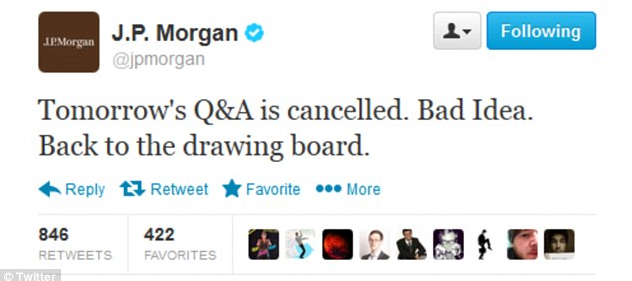In my quest for Search Engine Optimization trends and best practices, I found myself googling the phrase “SEO trends” and “SEO best practices” to find a suitable article to discuss in this post. Is it a little ironic? Possibly. However, I did end up discovering two articles, one on mashable.com and the other on forbes.com regarding the best SEO practices.
While looking through the articles, 6 Best Practices for Modern SEO and 20 Tips, Trends, and Predictions in 2014, I picked the top seven ones I found to be most important in regards to SEO trends.
1. Local SEO is rapidly growing.
According to both Forbes and Mashable, it’s becoming easier for search engine users to search for a term and get local results first, before the national results. This means that if a user searches for “Chipotle” on Google, there will be a listing of all the Chipotle locations that are near the user’s location. Another example would be a user searched for “coffee shops”. Upon searching, they would first find a listing of the local coffee shops and cafes in their area, instead of a listing the most popular ones in the country.
2. Social and search are becoming one in the same.
Both Forbes and Mashable agree that social media is beginning to play more of a role in search. Often times when a consumer is googling a brand, seeing their Facebook or Twitter pop up will be more beneficial for both the consumer and the company. The consumer will be able to use sites they trust (like Facebook) to look up how others are reacting to a brand and see reviews by actual customers. For the company, it allows the potential for more customers. Both social and search will only continue to grow together throughout the years.
3. In the years ahead, SEO will get smarter.
Forbes talks about how SEO will only continue to get smarter in years to come, especially with identifying real website content versus unauthentic or fake content. SEO is gaining intelligence with the online world and will help combat issues that come up, such as spam websites, on the Internet.
4. SEO is starting to be more focused on content marketing.
Content marketing is becoming huge in the SEO world. Both Mashable and Forbes agree that search engines, especially Google, are getting better at identifying what is good content and what is fake or spam content (see #3 trend). As a company, your goal is to make sure that your content is honest and true. Then when you consumers are searching for your brand or company, the first results they receive will be the honest ones you posted.
5. Stay honest.
Similarly to the above trend, staying honest will help keep consumers on your side and learn to trust your brand. Honesty will always win out. Meaning that if you create a good product, then people will soon see that and buy it. There is no reason to lie in the beginning just to get higher sales. Be honest, wait it out, and customers will come to you. You can keep a reputation in the long run or destroy it in the short run by trying to attract consumers with lies.
6. Natural language, aka thinking of people, not robots, is more important when using keywords.
Forbes and Mashable agree that people want to feel a sense of “talking to search engines”. They want to search for terms that are similar to the way that speak, or what we can call: their “natural” language. So when utilizing keywords, make sure to be thinking of how people speak and think rather than what a robot or computer would search for. Both are certainly different in their approaches to searching.
7. SEO is going to stay with us as the years to come.
SEO isn’t going anywhere. Forbes makes it clear that companies need to get used to SEO and use it to their advantage. Otherwise, they will lose out in many opportunities to help promote their brand and company.
Overall, in terms of best practices for SEO, I find that being honest and working on creating good content are the most important for companies to use. SEO will not be fading away anytime soon, so companies should learn to use it honestly and for the benefit of their customers first, not themselves. This will enable them to create a good reputation and a good relationship with their customers.


